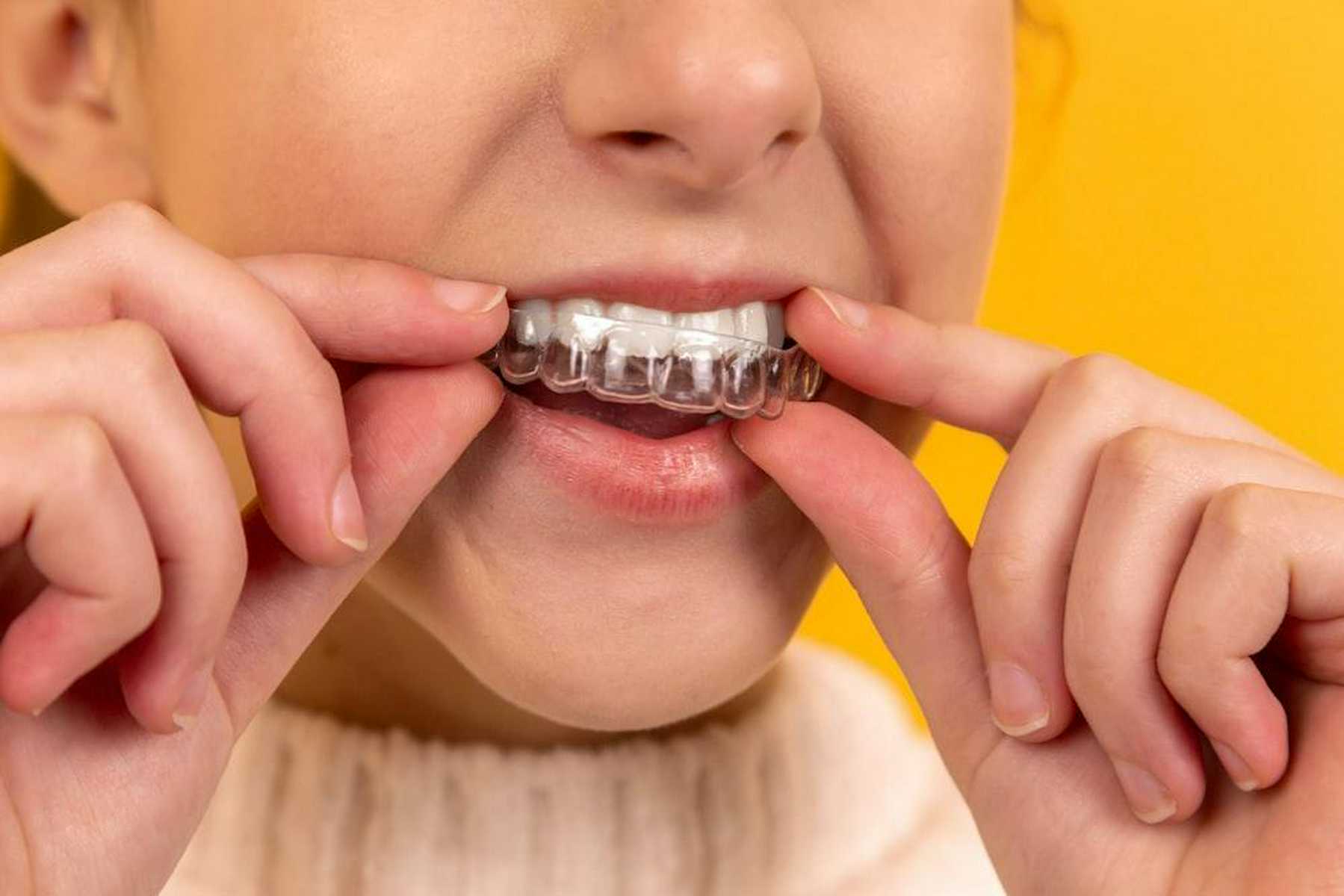
Repeatedly grinding, clenching or gnashing your teeth is known as bruxism. It may happen while you’re awake or asleep. The causes are unclear and may include a combination of genetic, physiological or psychological factors. Sleep bruxism is common and may occur in adults or children.
In severe cases, sleep bruxism may lead to complications, including tooth damage, headaches, jaw pain, etc. Thankfully, wearing a night guard can help reduce the symptoms of sleep bruxism. Read on to learn how a night guard can protect your teeth and improve your oral health.
Signs, Symptoms and Treatment of Sleep Bruxism
Sleep bruxism is a movement disorder in which you grind or clench your teeth while asleep. This condition often occurs alongside other sleep disorders, such as sleep apnea (interruptions in breathing during sleep) and snoring. You may not need treatment for mild sleep bruxism however, severe sleep bruxism may lead to other problems, such as damaged teeth, tension headaches and jaw disorders. You may not be aware that you have sleep bruxism until it causes these complications, so regular dental checkups are essential to help identify the signs and symptoms, including:
- Teeth clenching or grinding, which may be loud enough to disrupt sleep
- Sleep disruption
- Dull headache in the temples
- Tooth sensitivity or pain
- Worn-out tooth enamel
- Aching ears
- Difficulty opening/closing jaw completely
- Tight or tired jaw muscles
- Flattened, loose, chipped or fractured teeth
- Damaged cheek
- Facial, neck or jaw soreness or pain
Identifying these symptoms early on and treating the condition can help prevent these complications.
How Wearing a Night Guard Reduces the Symptoms of Teeth Grinding and the Resulting Health Issues
A night guard is one of the most commonly recommended treatments for sleep bruxism. Your dentist creates a specialized night guard after taking an impression of your teeth. The night guard creates a barrier between your lower and upper teeth. While clenching may still occur, it prevents you from damaging your teeth during sleep and reduced the pressure that causes tension headaches.
As a result, wearing a night guard eliminates the need for costly future treatments. Ultimately, a night guard can improve the quality of your sleep, ensuring you wake up feeling rested and refreshed.
Teeth grinding can be a difficult habit to drop because it happens unconsciously and is often exacerbated by stress. It is important to establish a calming nightly routine before sleep to lower stress levels. You can try eliminating blue light from televisions and phones, drink a chamomile tea, play relaxing music, or take a warm bath. In addition to these tips, wearing a night guard will help prevent the condition from negatively impacting your oral health and other areas of your life. In some cases, it can help treat obstructive sleep apnea (OSA).
OSA is a common form of sleep apnea in which blockages in your airway interrupt breathing and interfere with sleep. Your dentist may recommend a custom night guard that aligns your jaw and keeps your airway unobstructed while asleep. While not everyone with sleep apnea benefits from a custom night guard, those who do can avoid expensive treatment alternatives.
Get a Custom Night Guard for Your Sleep Bruxism
Grinding, clenching or gnashing your teeth while you’re asleep can disrupt sleep and potentially lead to other health issues, such as damaged teeth and jaw problems. Wearing a night guard helps prevent this and safeguards your oral health. Contact Debra C. Duffy, D.D.S., for inquiries about sleep bruxism.

Comments are closed.